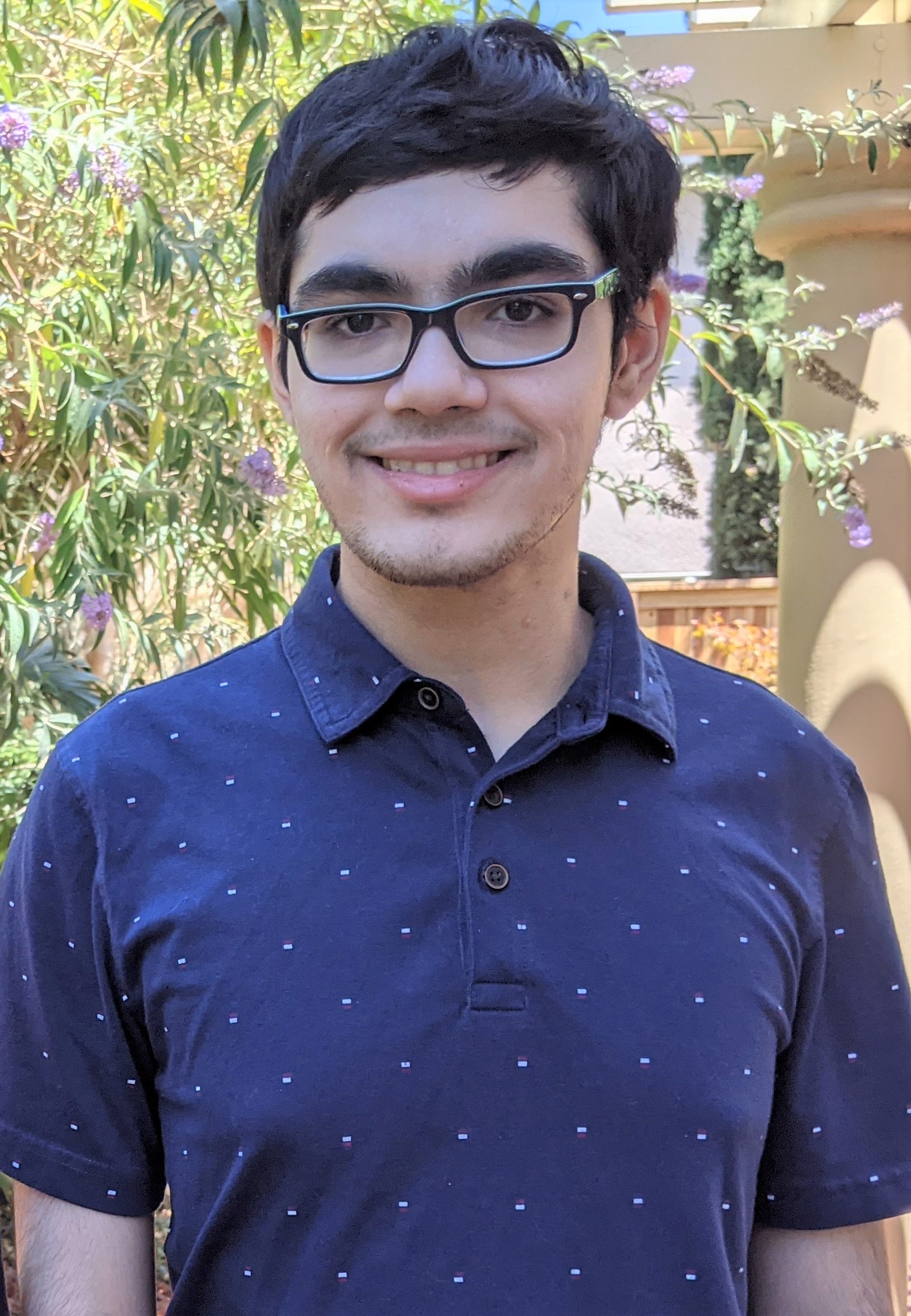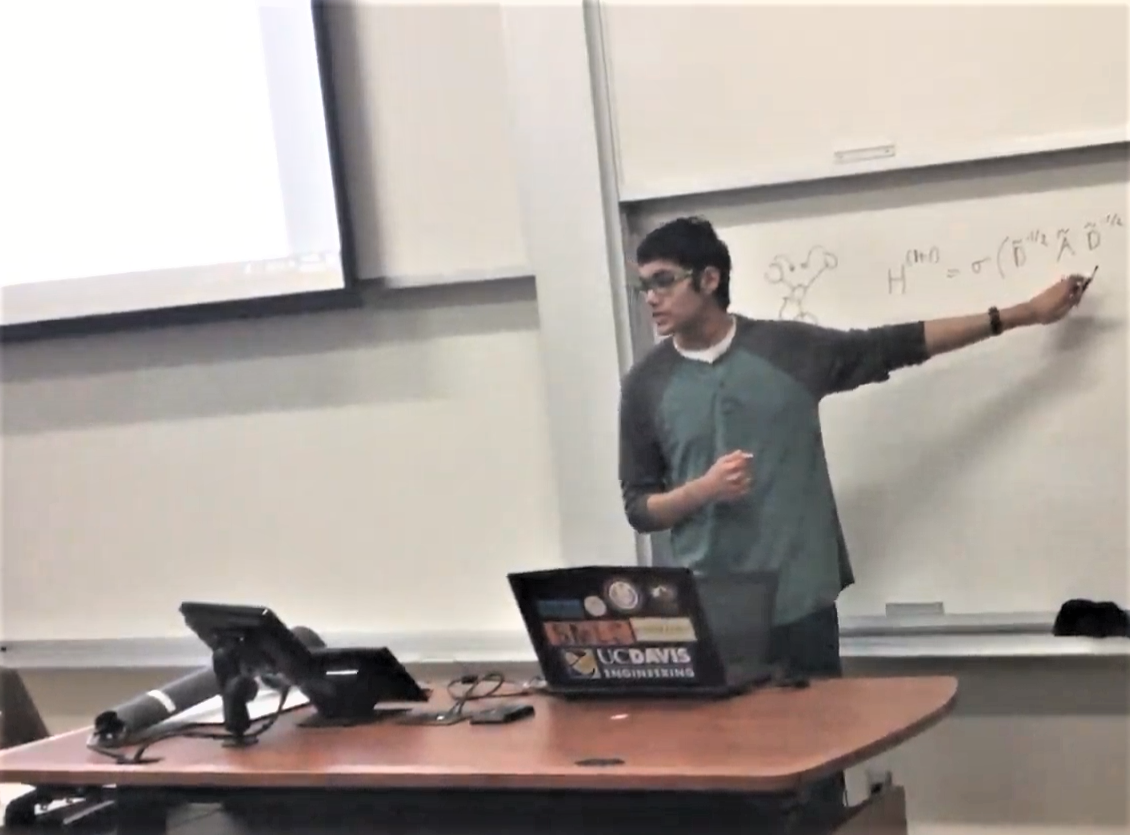Eighteen-Year-Old UCD BME Ph.D. Candidate Tanishq Abraham is a Finalist for the Global Student Prize
Abraham's work focuses on machine learning in clinical pathology
Quick Summary
- Abraham is a finalist for the $100,000 international prize, intended for students who are making a positive impact on society
- He's a member of the Levenson lab with UCD BME/the Health Center working on applying AI techniques to pathology
Tanishq Abraham signed up for community college courses at seven years old. While originally interested in geology and astronomy, he gradually shifted to pursue engineering.
“I decided to go into biomedical engineering because it’s interdisciplinary and at the forefront of medical research. It’s a field with the potential for positive impact on society.”

Now, at 18 years old, he’s a fourth-year Ph.D. candidate researching machine learning, artificial intelligence, and pathology and a finalist for the $100,000 Global Student Prize. The prize is intended for students who are having some sort of positive impact on society through education, research or humanitarian work.

Abraham’s work at the Levenson lab at the UC Davis medical center is about applying machine learning techniques to microscopy for pathology and diagnostics. "Through deep learning, we should soon be able to enhance images from microscopes to make them easier for pathologists to interpret. Radiology and pathology are already suited for the integration of AI technology as these areas of medicine involve sets of digitized images."
Abraham reassures us that machine learning will augment, not replace, human pathologists. Algorithms can be distracted by aspects of images that aren’t clinically relevant and still need human oversight.
“AI doesn’t always pick up on the most robust or generalizable features of a data set, so we have to be careful when we apply it to multiple data sets.” Scientists are working on expanding medical algorithms’ capabilities by testing them on data sets from multiple hospitals.
However, Abraham urges caution. “Self-driving cars still need more work to overcome some safety issues. In medicine, the stakes are even higher.”

He appreciates how UC Davis’ medical center collaborates with the biomedical research departments. Researchers are able to work with and learn from doctors and patients. Abraham intends to become a physician as well as a research scientist so that he can best understand how to apply his research to clinical practice.
Abraham offers advice to other engineering students. “Follow your interests. Figure out what interests you and follow that. Get hands-on research experience, look into working in a lab as soon as you can.” He took that advice himself, engaging in laboratory work and mathematical modeling in synthetic biology around the age of thirteen and is highly appreciative of UC Davis for providing so much lab experience.
He also urges society to properly fund science and engineering. “It’s amazing that science accomplishes as much as it does when research receives so little funding in comparison to other budget priorities, such as the military. We need to fund the NSF and the NIH, cash from them trickles down to many labs, including those at UC Davis. And you never know when science will make a huge discovery that changes lives and helps many people.”
